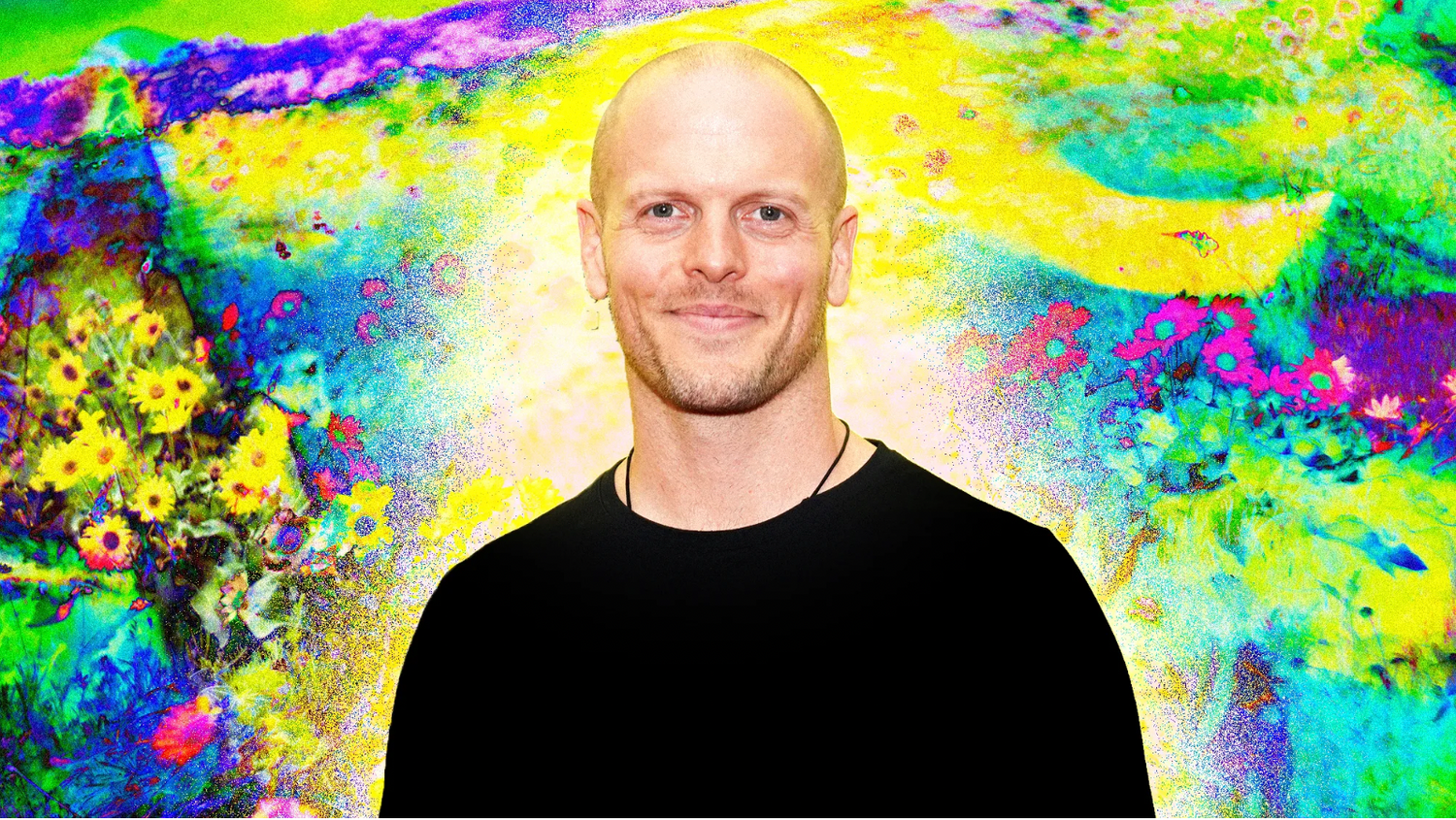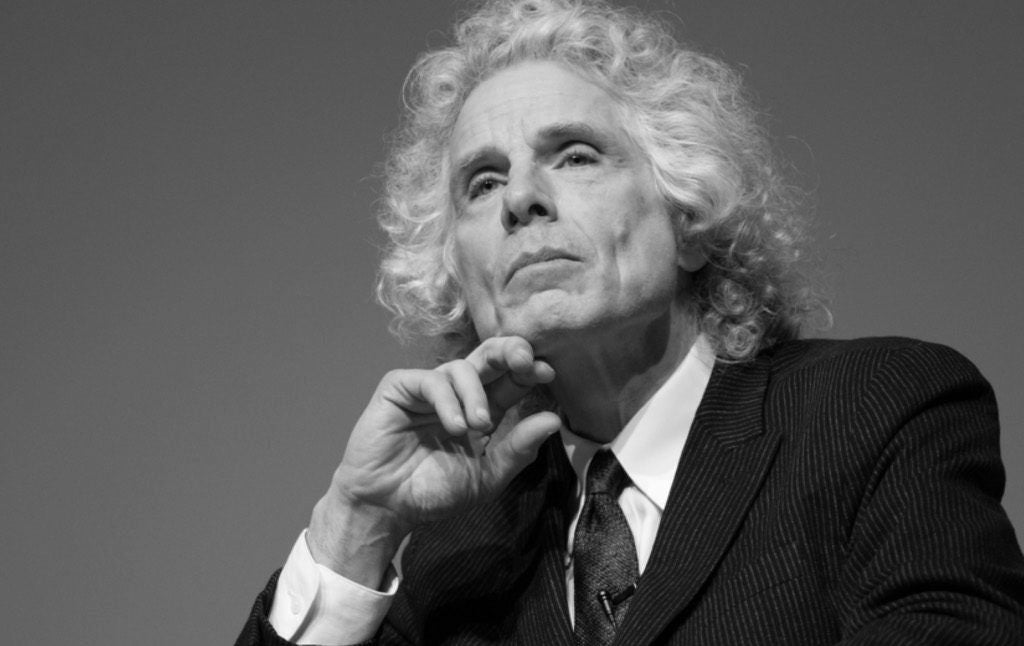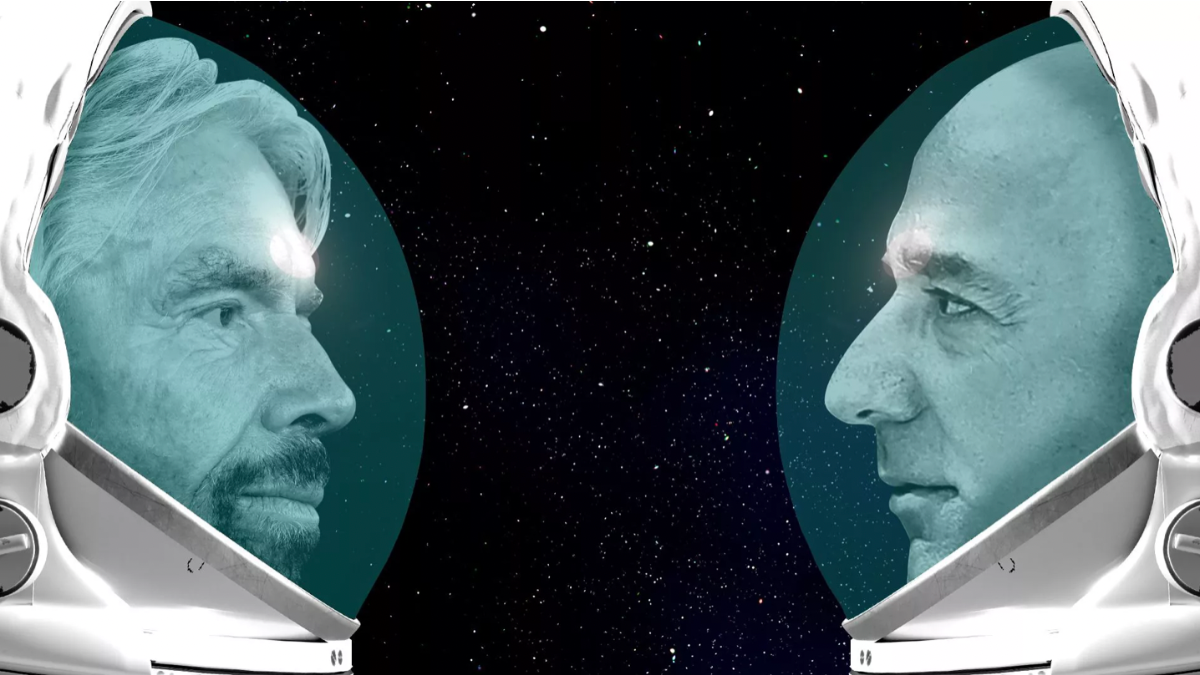You’ve probably already seen the shocking fire in the Gulf of Mexico, but before you lament and sign every petition to ban natural gas, consider that natural gas has its strong points. So do psychedelics, which are becoming more ingrained in mainstream culture – heck, even Harvard Law School is studying them!
Black holes and neutron stars could be more friendly than previously thought, and ancient life on Mars is more probable than not. To finish up, we’re hitting you with a classic chicken-egg question: does being rich make you mean? Or are mean people better at getting rich? Maybe it’s neither!
As always, let us know about any interesting news you come across – we love to hear from you!
Warm regards,
Suzi
FIERY DEBATE ON NATURAL GAS

No, this isn’t a hellish portal opening up to the underworld, it’s a hellish example of the perils involved in drilling for natural gas in the Gulf of Mexico.
You’ve probably already seen the footage of this catastrophic fire that was ignited due to a pipeline leak at the state-owned Pemex facility. Workers managed to extinguish the fire some five hours later by spraying it with nitrogen, and no one was hurt, but one can only assume that the surrounding aquatic inhabitants weren’t so lucky.
While this image would turn any sound person off the idea of natural gas if you look at the statistics, as summarised by Michael Shellenberger, you’ll see that natural gas reduced emissions 11 times more than solar energy and 50 per cent more than wind energy in the U.S.
Adding to this, natural gas is a far more reliable source of energy than wind and solar, which have to be backed up by natural gas anyway. Obviously, this recent fire doesn’t paint a pretty picture, but should we completely cast out natural gas as evil before considering its positive impacts?
Last year Think Inc. proudly supported Quillette’s Free Thought Live sessions, which Michael featured in. Check out his conversation with Claire Lehmann here.
FERRISS DONATES TO PSYCHEDELIC RESEARCH

Harvard Law School has announced it will be launching a three-year project dedicated to studying psychedelic legal issues.
Yes, lawyers and psychonauts aren’t the most usual pair, but the project directors believe it’s time for them to come together.
The Project on Psychedelics Law and Regulation, or POPLAR, will be the first centre of its kind and is yet another milestone in psychedelics become more mainstream.
Interestingly, Tim Ferriss, who you might know from his highly successful podcast and books, helped fund POPLAR with a grant from his foundation, the Saisei Foundation. Matt Mullenweg, the co-founder of WordPress, is also making a huge financial contribution.
POPLAR will be addressing a wide variety of subjects, for example, when it comes to intellectual property, what kinds of psychedelic patents can be granted for psychedelic compounds or therapies? What are the boundaries to determining when a psychedelic invention is truly new, and when it’s too similar to previous work?
They’re also interested in the larger topics of bioprospecting and biopiracy, which would take into consideration the role that indigenous populations have played in the use and discovery of psychedelic compounds, and finding ways in which that knowledge can be commercialised.
BLACK HOLES & NEUTRON STARS COLLIDE

In the space of ten days, scientists have detected two collisions between black holes and neutron stars. These observations were recently written about in the Astrophysical Journal Letters, and have encouraged scientists to go back to the drawing board and rewrite their theories.
The previously accepted wisdom was that while pairs of black holes or neutron stars are known to collide, having one black hole and one neutron star collide is extremely rare, as they were thought to not live close together. Well, this new publication challenges that wisdom, showing that perhaps black holes and neutron stars are actually found alongside each other, thus changing our understanding of how the cosmos is formed.
Prof. Vivien Raymond, a gravitational-wave astrophysicist from Cardiff University, is quoted as saying the discoveries are “fantastic”, adding “We have learned a bit of a lesson again. When we assume something we tend to be proved wrong after a while. So we have to keep our minds open and see what the Universe is telling us.”
The collisions were detected by measuring waves caused by the sudden changes in gravitational forces that occur when two massive celestial bodies collide. It causes a ripple in the fabric of space itself, similar to a stone being thrown into a still pond.
These waves travel hundreds of millions of light-years until they’re picked up by the very sensitive detectors in the United States and Italy. Together, they form the Advanced Light Interferometer Gravitational-Wave Observatory (LIGO) collaboration, and in the future, the LIGO team hopes to detect collisions that are also observed by telescopes – both in space and on the ground. Hands up if that’s something you’d pay to see
ANCIENT LIFE ON MARS HIGHLY LIKELY

In other space news, a recent publication in Nature Astronomy argues Mars most likely used to support life. Yes, we’ve known for a while that Mars could support life, but a recent analysis of the clay extracted from Mars in 2016 by the Curiosity rover shows that there was probably life on Mars some few billion years ago.
When scientists analysed the clay, they found that it was very similar to the glauconitic clays here on Earth. In order to form, this clay requires stable conditions over millennia, which suggests that Mars had stable conditions for at least a million years, enough time for life to thrive.
No, unfortunately, the scientists didn’t find any concrete evidence of life, but with some luck, the Perseverance or Chinese Zhurong rovers will uncover something substantial
ARE RICH PEOPLE MEANER?

“Wealth consists not in having great possessions, but in having few wants” – that’s what the Stoic philosopher Epictetus once said, but that doesn’t stop most people from wanting a lot of money.
Yes, being rich must feel great, but do you think that rich people are more likely to be uncaring a$$holes?
According to Christopher Ryan, author of Civilized to Death: the price of progress, yes, getting rich does make you a bit callous. He explains it like this: as people get richer, they tend to isolate and alienate themselves more. They buy bigger cars with tinted windows, use public transport less, and build higher fences in gated communities. This self-isolation is traditionally a very unnatural thing to do, as throughout history alienation from the tribe meant almost certain death. But according to Ryan, it’s the unnaturalness of the isolation that allows people to develop thick, impenetrable scar tissue.
He says that in general, rich people are less able to read emotions, and are less likely to help those in need. He says that it’s not that unethical or unfeeling people become rich, but that getting rich makes you feel less.
On the other hand, some research suggests that certain personality traits, which make you less able to feel empathy, are common amongst rich people. A study published a few years ago in the British Journal of Psychology found that wealthy people tend to share five big personality traits: high extroversion, conscientiousness, emotional stability and self-centeredness; and low neuroticism. Perhaps people with these personality traits are better able to separate themselves from the pain and suffering of others while they focus on their own wealth accumulation. I guess this is the classic chicken-egg scenario, what do you think?
PHOTO OF THE WEEK

→ Click here for more info.



Leave a comment
This site is protected by hCaptcha and the hCaptcha Privacy Policy and Terms of Service apply.